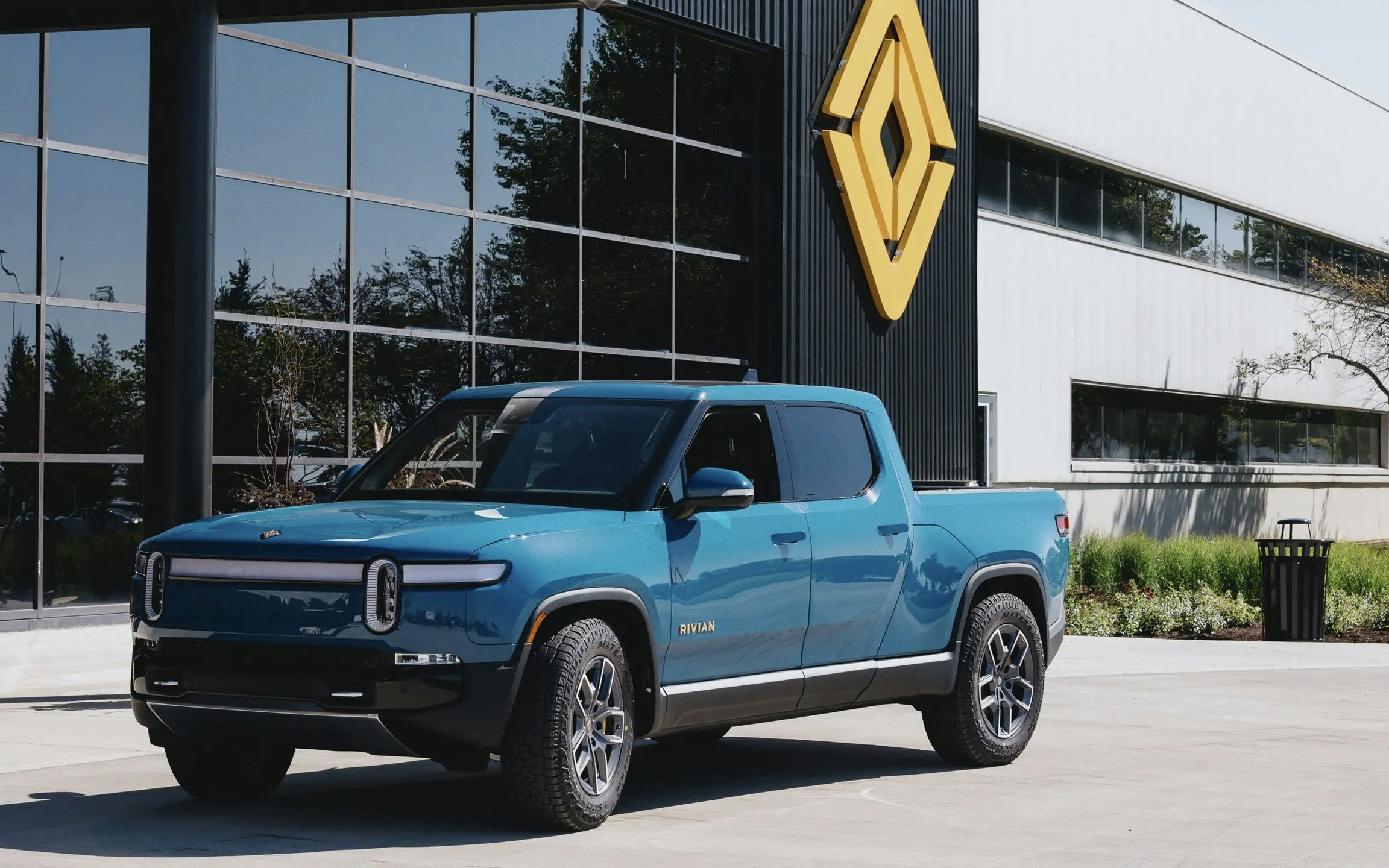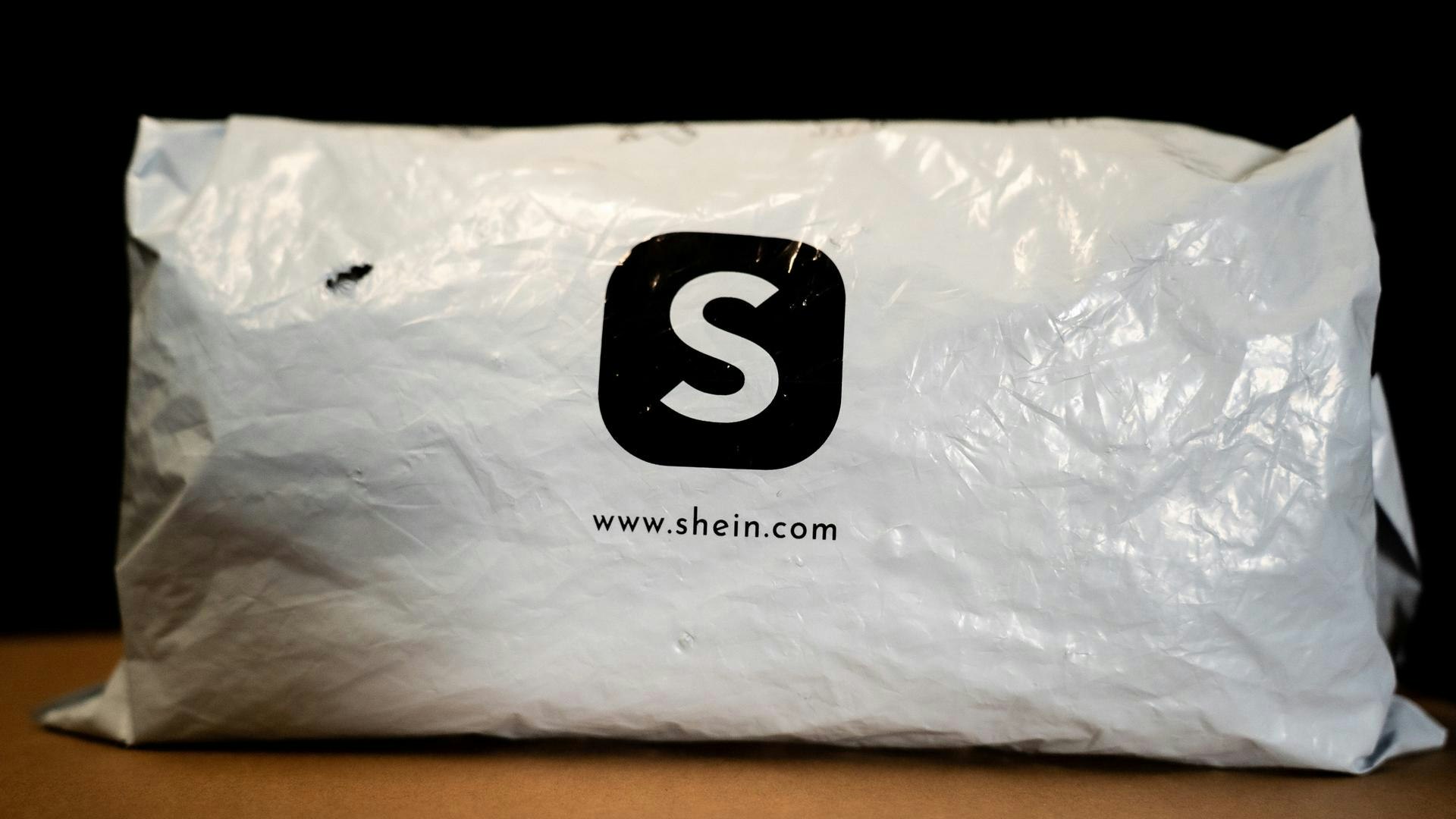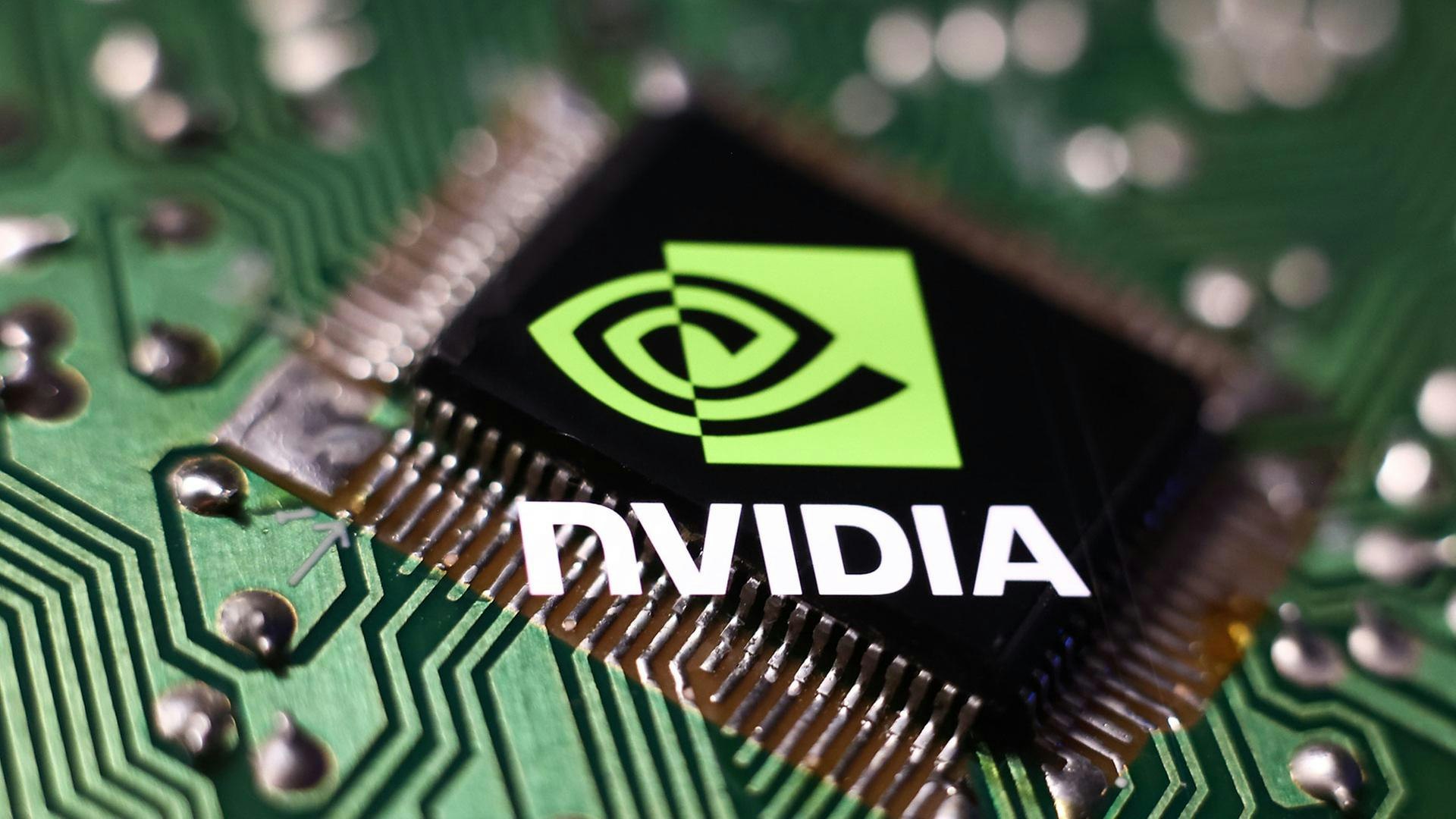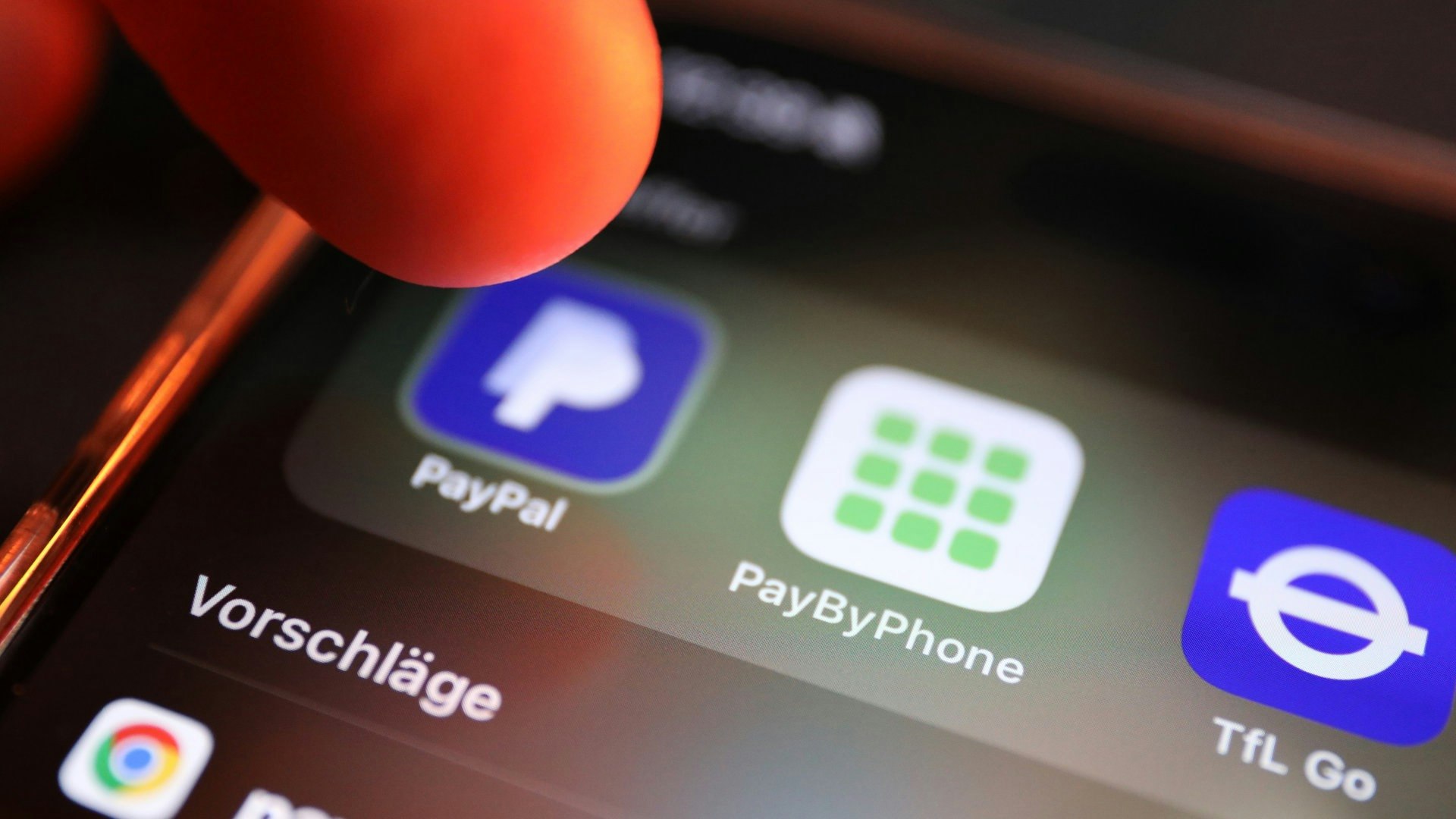Rivian reports a revenue loss of about $100 million after the US Traffic Authority NHTSA stopped issuing necessary compliance certificates for trading so-called CAFE credits. The move follows a decision by the Trump administration to abolish penalties for violations of fuel consumption standards and to reassess the requirements for model years from 2022.
For manufacturers of electric vehicles, these credits are an important revenue stream. Rivian generated 6.5% of its sales through this market in the first half of the year, totaling more than $400 million since its founding. Lucid, a smaller competitor, also reports noticeable losses. Tesla, a leader in the emissions credits trade, estimates the decline in its expected revenues from this business segment due to regulatory changes at $1.1 billion.
The business model is based on allowing manufacturers with above-average fuel efficiency to sell excess credits to competitors who do not meet the limits – a practice intended to reduce compliance costs industry-wide. For conventional automakers like General Motors or Ford, the change in approach means lower costs: GM paid at least $3.5 billion for credits since 2022, Ford agreed to purchases worth $4.3 billion last year.
The background is an adjustment of the Corporate Average Fuel Economy standards. The goals decided under President Biden would have required a fleet consumption of an average of 50.4 miles per gallon by 2031. NHTSA will only issue compliance letters again after completing the review - the agency does not provide a timeline for this.







